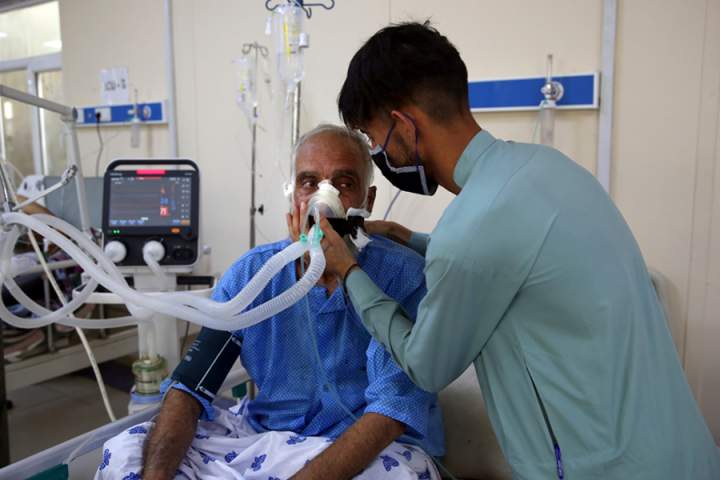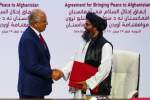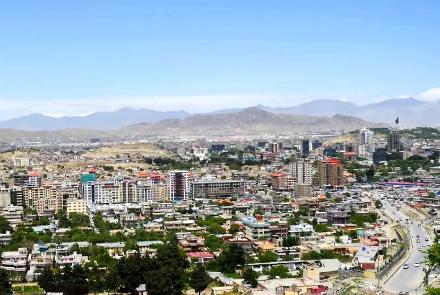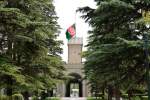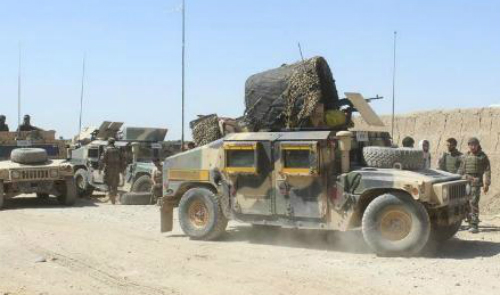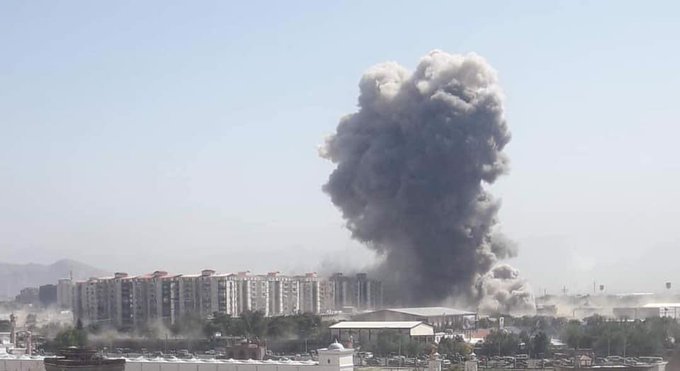Afghanistan’s Public Health Ministry said on Wednesday government is preparing for a second wave of COVID-19 in Afghanistan.
Publish dateThursday 17 September 2020 - 09:22
Story Code : 219033
The ministry said a second wave could hit the country in the next two months and warned that the next wave could be deadlier than the first.
Akmal Samsor, a spokesman for the Ministry of Public Health said if “people adhere to health regulations a second wave of Coronavirus will not be so serious.”
On Wednesday, health officials confirmed another 40 people tested positive for the virus over the past 24 hours in the country.
In that time, 10 people died from COVID-19 in Afghanistan.
This brings the total number of cases in the country to 38,855 with 1,436 deaths.
However, in a joint survey by the Health Ministry and the World Health Organization last month, findings indicated that at least 10 million Afghans have had the virus.
Many foreign countries have stepped in to help Afghanistan cope with the pandemic especially as its already fragile health care system has struggled to cope.
On Tuesday, the South Korean embassy in Kabul signed a US$1 million grant with WHO to assist in efforts to fight the COVID-19 pandemic in Afghanistan.
According to WHO, the organization will use the funding to implement the “Strengthening access to quality health care in the most vulnerable population in Afghanistan” project, over a six-month period.
The project is expected to bolster efforts to increase COVID-19 testing across the country through the provision of specimen collection kits for 15 rapid response teams (RRTs), which will enable sample collection from 40,500 people; provision of diagnostic kits to the Ministry of Public Health to cover testing for 50,000 people, and provision of testing consumables for RRTs and laboratory technicians across the country to cover testing needs for at least 10,520 people.
“The project will also play a critical role in improving awareness about COVID-19 through community-based engagement, targeting 314,900 people across priority regions of the country and building field teams’ capacity to better engage and communicate with communities,” WHO said.
In a statement issued after the signing of the agreement, WHO Representative in Afghanistan Dr Richard Peeperkorn also warned of a possible second wave and said “the crisis is far from over.”
Akmal Samsor, a spokesman for the Ministry of Public Health said if “people adhere to health regulations a second wave of Coronavirus will not be so serious.”
On Wednesday, health officials confirmed another 40 people tested positive for the virus over the past 24 hours in the country.
In that time, 10 people died from COVID-19 in Afghanistan.
This brings the total number of cases in the country to 38,855 with 1,436 deaths.
However, in a joint survey by the Health Ministry and the World Health Organization last month, findings indicated that at least 10 million Afghans have had the virus.
Many foreign countries have stepped in to help Afghanistan cope with the pandemic especially as its already fragile health care system has struggled to cope.
On Tuesday, the South Korean embassy in Kabul signed a US$1 million grant with WHO to assist in efforts to fight the COVID-19 pandemic in Afghanistan.
According to WHO, the organization will use the funding to implement the “Strengthening access to quality health care in the most vulnerable population in Afghanistan” project, over a six-month period.
The project is expected to bolster efforts to increase COVID-19 testing across the country through the provision of specimen collection kits for 15 rapid response teams (RRTs), which will enable sample collection from 40,500 people; provision of diagnostic kits to the Ministry of Public Health to cover testing for 50,000 people, and provision of testing consumables for RRTs and laboratory technicians across the country to cover testing needs for at least 10,520 people.
“The project will also play a critical role in improving awareness about COVID-19 through community-based engagement, targeting 314,900 people across priority regions of the country and building field teams’ capacity to better engage and communicate with communities,” WHO said.
In a statement issued after the signing of the agreement, WHO Representative in Afghanistan Dr Richard Peeperkorn also warned of a possible second wave and said “the crisis is far from over.”
Source : Afghan Voice Agency(AVA)
avapress.net/vdchxwnix23nzvd.01t2.html
Top hits
